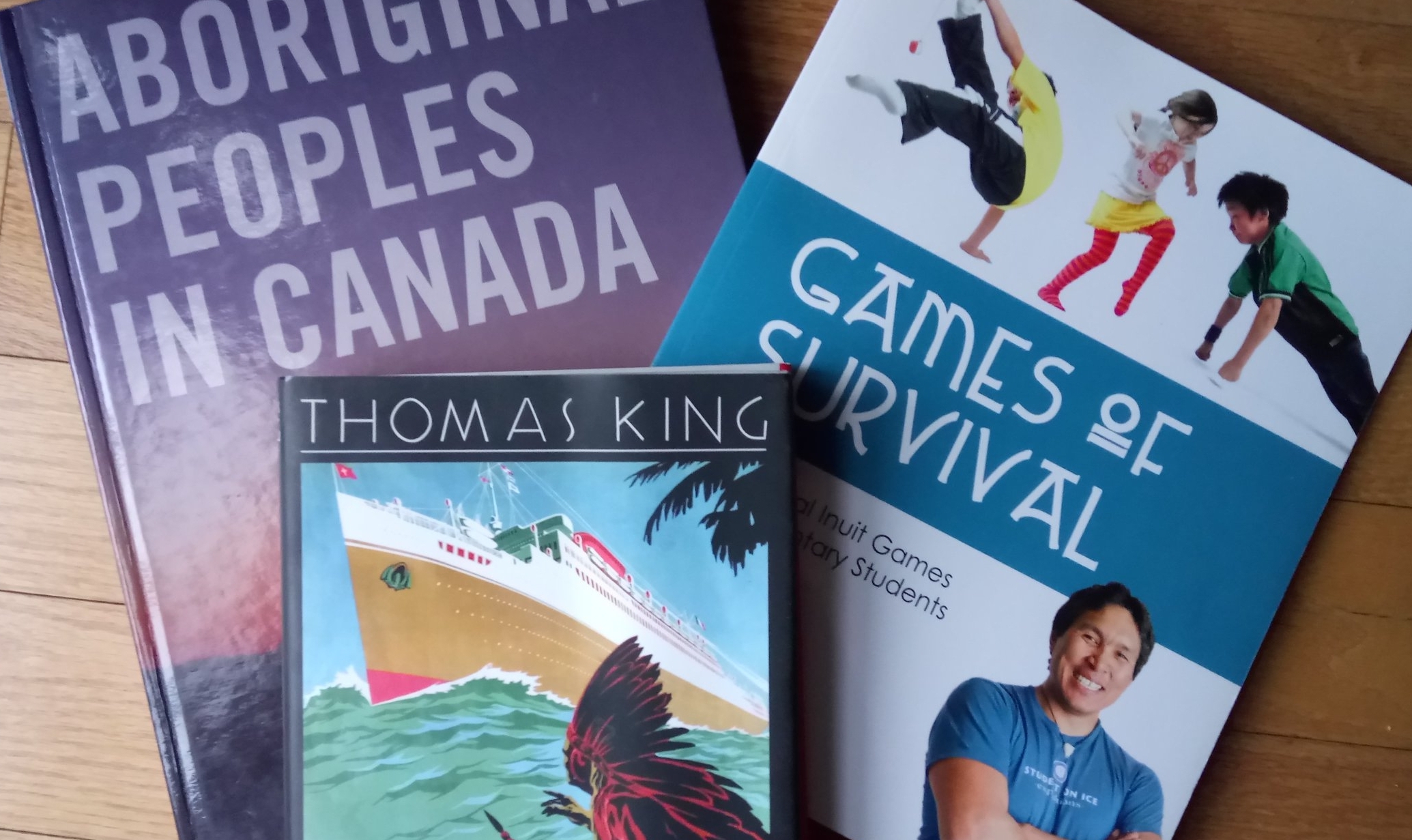This week I have been watching the Wet'suwet'en land defenders and the actions of their allies with great interest. I wanted to share with you the statement of solidarity from the Toronto Chapter of the Chinese Canadian National Council. It is short, but the tiny bit of history they include blew me over because I had never heard of it before in my over a decade of doing this work.
In their statement, they write:
As Chinese settlers of this land, we recognize that the long and complex history of Indigenous-Chinese relations is one of complicity in displacement and colonization, but also one of solidarity. Chinese railway workers, who were themselves exploited, helped construct the Canadian Pacific Railway, which played a crucial role in the displacement and colonization of Indigenous peoples. Yet injured Chinese workers who were left to die by their employers were often taken in, cared for, and sheltered by Indigenous nations.
These three sentences reminded me of all of those moments of solidarity that remain missing from our education system. These are the kind of stories I want to hear more about, in order to fully understand the nation we live in and the complexity of the past. I wish I knew more resources to point you to so that we could all learn more, but I have not been successful in finding any. Please contact me if you do know of more information, so that I can share it here. (UPDATE: Emily Chan (a teacher in Toronto) has sent me resources to share on this topic and I’ve included them at the bottom of the post. Thank you Emily!)
Here are the questions I'm sitting with today:
More Resources - with thanks to Emily Chan for links and descriptions
Resources Emily has used with her class regarding Chinese Canadian and Indigenous relations:
Examples of a movement of Filipino artists in Toronto allied with Indigenous rights movements:

